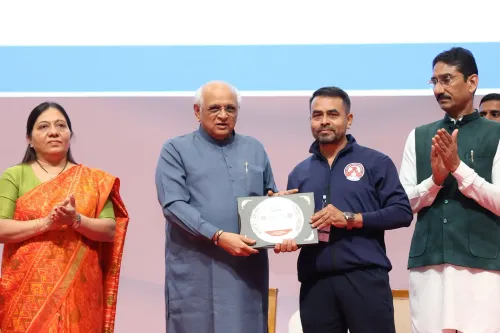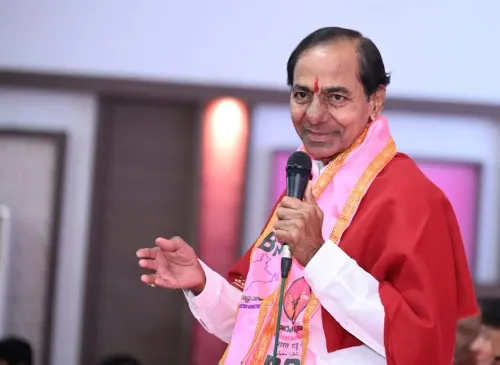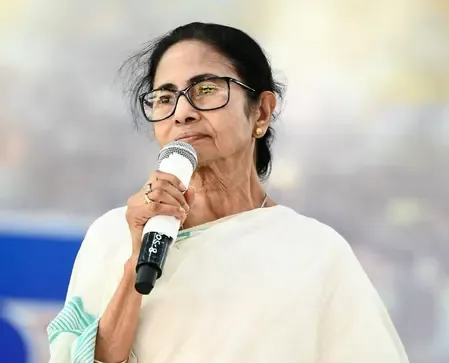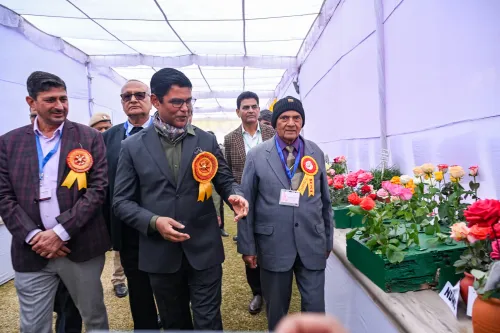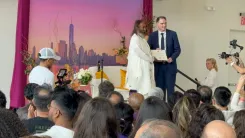Did Amit Malviya Just Call Rahul Gandhi a 'China Guru' After Supreme Court Warning?
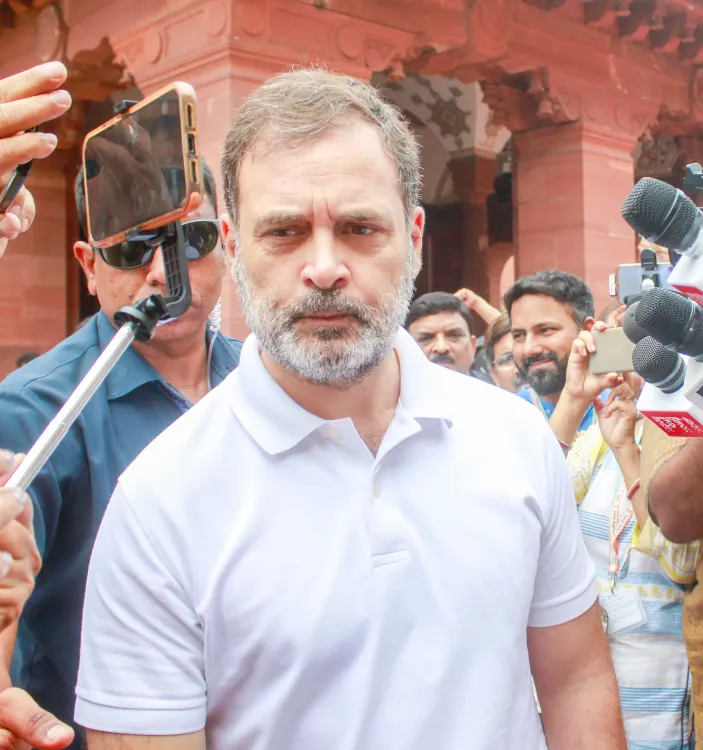
Synopsis
Key Takeaways
- The Supreme Court criticized Rahul Gandhi's remarks.
- Amit Malviya labeled Gandhi as 'China Guru.'
- Statements about national security carry significant weight.
- Political discourse reflects deeper national divides.
- Credibility of leaders is under constant scrutiny.
New Delhi, Aug 4 (NationPress) In the wake of the Supreme Court's critical remarks regarding Leader of Opposition (LoP) Rahul Gandhi's statements about the Indian Army and China's territorial claims, BJP IT Cell chief Amit Malviya fiercely criticized the Congress MP, labeling him as 'China Guru' and accusing him of consistently making 'irresponsible statements' that jeopardize India's national security.
On Monday, a panel of Justices Dipankar Datta and Joymalya Bagchi admonished Gandhi for asserting that more than 2,000 sq km of Indian land had been seized by China.
'If you were a true Indian, you would not say all this,' the court remarked. Nonetheless, the court also decided to halt the ongoing defamation case against Gandhi concerning his statement.
Gandhi made the contentious claim during the Bharat Jodo Yatra, where he allegedly stated, 'Chinese troops are thrashing Indian Army soldiers in Arunachal Pradesh,' referencing the December 9, 2022, clash in the Tawang area.
Malviya, citing the apex court, remarked, 'The Supreme Court has once again reprimanded 'China Guru' Rahul Gandhi for making irresponsible statements regarding India's national security and territorial integrity.'
'Imagine, a Leader of the Opposition being repeatedly rebuked for speaking so recklessly,' Malviya added in a post on X.
He further condemned Gandhi for his recent social media statements, including one in which he referred to India's economy as 'dead.'
Malviya asserted that Gandhi's remarks suggested an implicit admission of Russia, a long-time ally, facing difficulties, while paradoxically endorsing a hostile nation like Pakistan as possessing a strong economy.
He labeled the LoP’s comments a 'diplomatic disaster on multiple fronts.'
In court, the panel interrogated senior advocate Abhishek Manu Singhvi, representing Gandhi: 'How do you know that 2,000 square kilometers of Indian territory were occupied by the Chinese? Were you there? Do you have any credible material?'
The court further queried, 'Why don't you say this in Parliament? Why must you voice this on social media?'
Malviya emphasized the apex court's noteworthy statement — 'If you were a true Indian, you would not say all this' — and questioned Gandhi's intentions, asserting, 'Does anyone still doubt who Rahul Gandhi is speaking for?'


